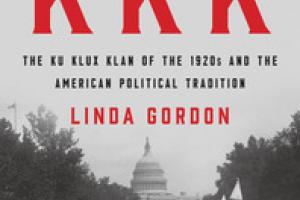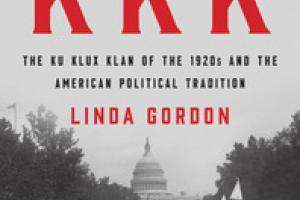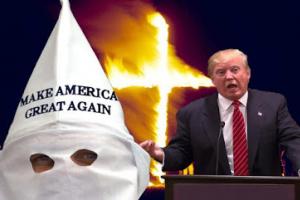The Freedom Summer of 1964 Launched a Voting Rights Revolution
Teen Vogue
 In The Second Coming of the KKK: The Ku Klux Klan of the 1920s and the American Political Tradition, Linda Gordon emphasizes broad patterns, making the book more timely than even the headlines of white nationalist outpourings the past months would suggest, writes Scott McLemee. What stands out in Gordon’s book is that the Ku Klux Klan of the 1920s tried to create a world unto itself through spectacle, mass communications and branding.
In The Second Coming of the KKK: The Ku Klux Klan of the 1920s and the American Political Tradition, Linda Gordon emphasizes broad patterns, making the book more timely than even the headlines of white nationalist outpourings the past months would suggest, writes Scott McLemee. What stands out in Gordon’s book is that the Ku Klux Klan of the 1920s tried to create a world unto itself through spectacle, mass communications and branding.
 This new book reminds us of the scope and power of the second incarnation of the Ku Klux Klan, beginning a century ago. As reviewer Scott McLemee points out, however, to only point out the Klan's racist heritage can be deceptively simplistic. McLemee reminds us that what made the Klan a mass force in the 1920s was that the movement's reactionary politics and racist passions "were widespread enough to count as mainstream.'
This new book reminds us of the scope and power of the second incarnation of the Ku Klux Klan, beginning a century ago. As reviewer Scott McLemee points out, however, to only point out the Klan's racist heritage can be deceptively simplistic. McLemee reminds us that what made the Klan a mass force in the 1920s was that the movement's reactionary politics and racist passions "were widespread enough to count as mainstream.'
 Trump's strategy and campaign is to appeal to majority white, working class voters who have economic anxiety and fear of demographic change. Trump's candidacy viewed in the context of historical continuity - nativism is a primary political discourse in American history. Trump has shown us that it is just as powerful now as in the 1850s or the 1920s. Indeed, "Make America Great Again" recalls the 1920s Ku Klux Klan's appeal for "100% Americanism."
Trump's strategy and campaign is to appeal to majority white, working class voters who have economic anxiety and fear of demographic change. Trump's candidacy viewed in the context of historical continuity - nativism is a primary political discourse in American history. Trump has shown us that it is just as powerful now as in the 1850s or the 1920s. Indeed, "Make America Great Again" recalls the 1920s Ku Klux Klan's appeal for "100% Americanism."
Spread the word